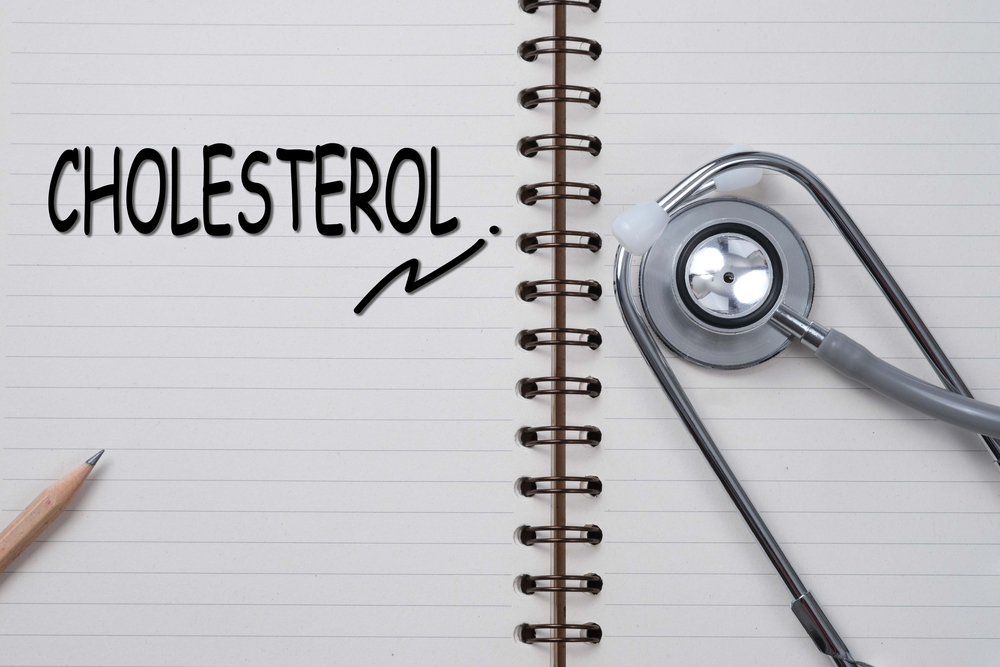Popular belief is that HDL (good cholesterol) is only good for the heart. However, one study found results contrary to most thoughts about good cholesterol and heart disease.
Good Cholesterol and Heart Disease
Conventional wisdom and past research have pointed out that increasing your HDL (good cholesterol) will help to reduce the risk of heart disease. Good cholesterol and heart disease were correlated indirectly.
However, a new study conducted in Canada received somewhat differing results.
The Study
Approximately 632,000 Canadian adults took part in the study and had their cholesterol levels taken.
The researchers found that the patients with the lowest HDL levels of the group had more deaths from stroke and heart disease over five years. Yet, they had more deaths from cancer and various other causes.
Furthermore, HDL levels above 90 mg/dL didn’t prove to be good, even though most researchers consider it good cholesterol. Participants with levels above that had a higher chance of dying from noncardiovascular causes than HDL levels in mid-range.
Patients that had low HDL levels had a higher risk of dying from all causes. This means low HDL levels is a sign of underlying poor health.
Lead researcher and senior scientist at the Institute for Clinical Evaluative Sciences in Toronto, Dr. Dennis Ko, commented that it was unlikely that low HDL directly contributes to heart disease.
The Results
There are various treatments, like niacin, that increase HDL levels, but studies have shown that they do not positively affect the risk of heart complications. However, if HDL levels are below 40 mg/dL correlate with an increased risk of heart disease.
Dr. Michael Shapiro, a member of the American College of Cardiology’s Prevention of Cardiovascular Disease Section, stated that “That is a consistent finding. So we can reliably use it as a marker to identify patients at higher risk and see what else is going on with them.”
These findings are from a study done from medical records of about 631,800 adults from Ontario, ages 40 and older. In the course of five years, 18,000 of them died.
Ko and his team found that low HDL levels caused a higher risk of death, as opposed to having levels between 40 and 60 mg/dL.
Not only were they more likely to die, they also had higher risks of death from cancer.
Ko said, “But we couldn’t account for everything. When you see that something [low HDL] is associated with deaths from many different causes, it’s probably a ‘generic’ marker of risk, rather than a cause.”
Conclusion
Poor eating habits, sedentary lifestyle, being overweight, and smoking all cause low HDL levels. Additionally, having too high of HDL from medications or excess alcohol consumption greatly increases the risk of dying from noncardiovascular causes.
Regardless of the HDL number, the researchers conclude that good cholesterol and heart disease risk reduction comes from lifestyle choices. Being healthy by eating well, not smoking, and exercising regularly will help to reduce the overall risk of heart disease.
Resources

